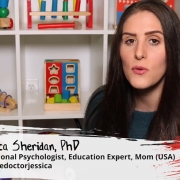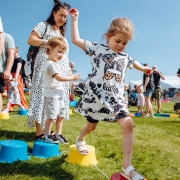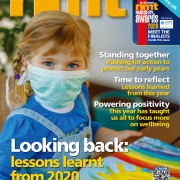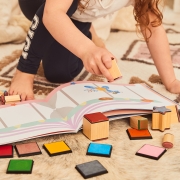Educational Experts talking about Play! – Series 2
Edx Education has been designing and producing innovative educational products and materials for more than 25 years, and are passionate about the ‘learning through play’ movement.
This has long been recognized as a highly successful method of teaching in early years education both in the classroom and at home: it’s fun and engaging, also a tactile and visual form of learning which aids concentration, helps develop fine motor skills and supports early mathematical understanding, such as counting and sorting techniques.
However we have been going behind the scenes and chatting with Education Experts from around the world to share their research and advice on why Play based Learning is important for children.
So excited to share ‘Learning Through Play Series – 2
- Dr Jessica Sheriden, IG:@thedoctorjessica (USA);
- Hayley Winter, IG @allaboutearlyyears (UK)
- Sarah Winkler, IG @pinchofprek
- Susan Roberts , IG @childrens_oasis_nursery
Posted by Heather Welch, International Brand Manager, Edx Education
Dr Jessica Sheriden – We used to think that children were born as blank canvases, but we now know that that’s not true, that, in fact, childhood is one of the most, if not the most sensitive time periods in the human lifespan for development. So it’s important that children are exposed to as many activities, both indoors and outdoors as possible so they can use all of their senses to enhance their learning. And the benefit of this is then the caregiver, parent or teacher can start to understand what the child’s interests are so they can tailor learning around that to hold focus longer.
And the child will start to build skills such as self-regulation, self-sufficiency, autonomy and independence, which are all crucial for future success.
Hayley Winter – Creating opportunities for children to discover and explore through hands-on learning is what play is all about. Play supports and develops curiosity imagination whilst building their confidence, independence and resilience. Playing lets us see children’s individual styles of learning enables us to follow their lead and helps them to make sense of the world. Overall, play creates children’s lifelong skills and love of learning.
Sarah Winkler – As an early childhood education teacher and a mother of three, it is amazing to me to see the fact that play has on children. It’s not just playtime. It’s a time for them to socialize. It’s a time for them to learn how to be empathetic. It’s a time for them to learn how to solve problems on their own plate isn’t just a matter of I’m going to play today. It’s a matter of what am I going to learn today?
Susan Roberts – The world has changed exponentially over the last 20 to 30 years. We now have information at our fingertips. The skills of memorizing and rote learning are no longer relevant, no longer helpful. Children need to be in control of their own learning, their own exploration, their own curiosities to be able to figure things out for themselves, to be able to make mistakes and to develop resilience. What they need in order to do that is to have years of practitioners and educators who understand them as individuals who know when to jump in and support them, and also when to stand back and allow them to explore something for themselves.
Those skills are not easy to find, are not easy to develop, but they are so, so, so important for children to really understand themselves and to be the best version of themselves.
Posted by Heather Welch, International Brand Manager, Edx Education

 Edx Education
Edx Education Edx Education
Edx Education Edx Education
Edx Education Edx Education
Edx Education Edx Education
Edx Education Edx Education
Edx Education edx education
edx education EDX Education
EDX Education Edx Education
Edx Education